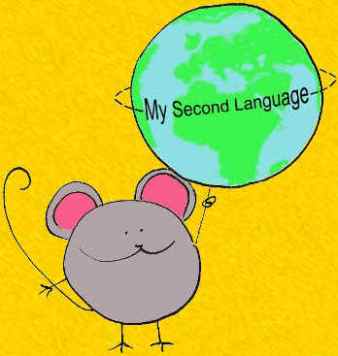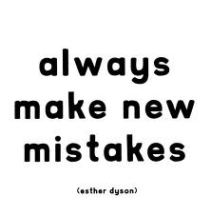Hello to you all.
For today we are talking about the differences between the first language and second language. We may think of many because we all have a first language but not everyone is interested in learning a second language. But let’s find out about some of these differences.
First Language:
- We learn it as babies and continue through our lives.
- We learn the language in our growth process.
- We are motivated to learn the language as we need to communicate.
- We learn it by exposure and picking it up, so by being hearing it all the time and live around it.
- We learn by interacting with our family, and also by talking, listening and playing with it.
- We get to practice and experiment with the language.
- We get to hear a simple speech, not to sophisticate.
- We get to speak in an incorrect way and no one will correct us.
<a href=”http://blaugh.com/2006/12/05/babys-first–language“…
blaugh.com
Second Language (in the classroom):
- Some learners start learning this second language in primary school or secondary school.
- Their attitudes towards learning a new language it is not fully developed.
- While adults may have goals and good expectations about this new language they will learn.
- Sometimes they can be exposed to the language but they will still need to learn structures and specific language items.
- They may have some motivation to communicate but they may do it with their teacher.
- Let’s consider that the learner is not exposed to the language more than 3 hours per week the most in schools.
- Teachers usually correct learners and use a short vocabulary or use of the language.
- Learners are not given the opportunity to make mistakes and experiment by themselves.
mysecondlanguagepublishingusa.com
Let’s not forget that these differences can be easier to handle if we motivate our students, if we personalize our teaching but the most important that we should do is to teach at our learner’s level. We must also focus on the form of the language and encourage the use of English outside the classroom.




